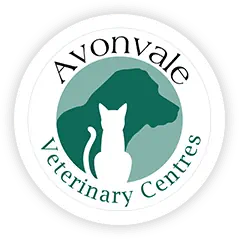Did you know that rabbits are the third most popular pet in the UK? The RSPCA estimates there are 1.5 million of them living in our houses and gardens! Rabbit Awareness Week 2019 is being held from 1st to 9th June. This year’s theme is ‘Protect and Prevent’ highlighting the importance of vaccinating domesticated rabbits against myxomatosis and Rabbit Viral Haemorrhagic Disease (RVHD). These diseases are prevalent in the UK and affect both wild and domesticated rabbits.
Myxomatosis can be caught from infected rabbits, fleas and bites from flying insects. It is a rapidly progressing disease that causes a high temperature and swelling of the eyelids and genitals. Unfortunately there isn’t a cure and most rabbits are put to sleep to prevent further suffering.
There are two strains of RVHD; both are highly contagious. The viruses are passed on through contact with infected rabbits or their faeces, bird droppings and insects. Rabbit owners might unknowingly infect their own pets after walking through countryside that is populated by wild rabbits. The RVHD viruses can survive on hands, shoes, clothing and car tyres. Stringent hygiene is vital to protect rabbits who aren't vaccinated and bunnies who are too young to start their primary vaccination course.
Type 1 RVHD causes rabbits to become unwell very quickly. Sometimes blood is seen around the nose and other orifices but often no symptoms are seen and sudden death is the first sign that the rabbit had contracted the virus.
Type 2 RVHD also causes serious illness in rabbits but progresses more slowly than type 1. Rabbits may appear generally unwell; a temperature and lethargy are often noticed. If given supportive treatment it is possible for rabbits to survive this infection. Approximately 50-75% of infected rabbits will recover.
Rabbits can be vaccinated against myxomatosis and RVHD types 1 and 2. The vaccine against myxomatosis and RVHD type 1 is a combined formulation. It can be given from 5 weeks of age. Rabbits need annual boosters to maintain a protective level of immunity. The RVHD type 2 vaccine is a separate injection that should be given at least 2 weeks after the combined myxomatosis/ RVHD vaccination. This is to avoid any interaction between the vaccines.
If you would like to arrange an appointment for your rabbit to receive a full health check and vaccination please contact your nearest Avonvale surgery.







